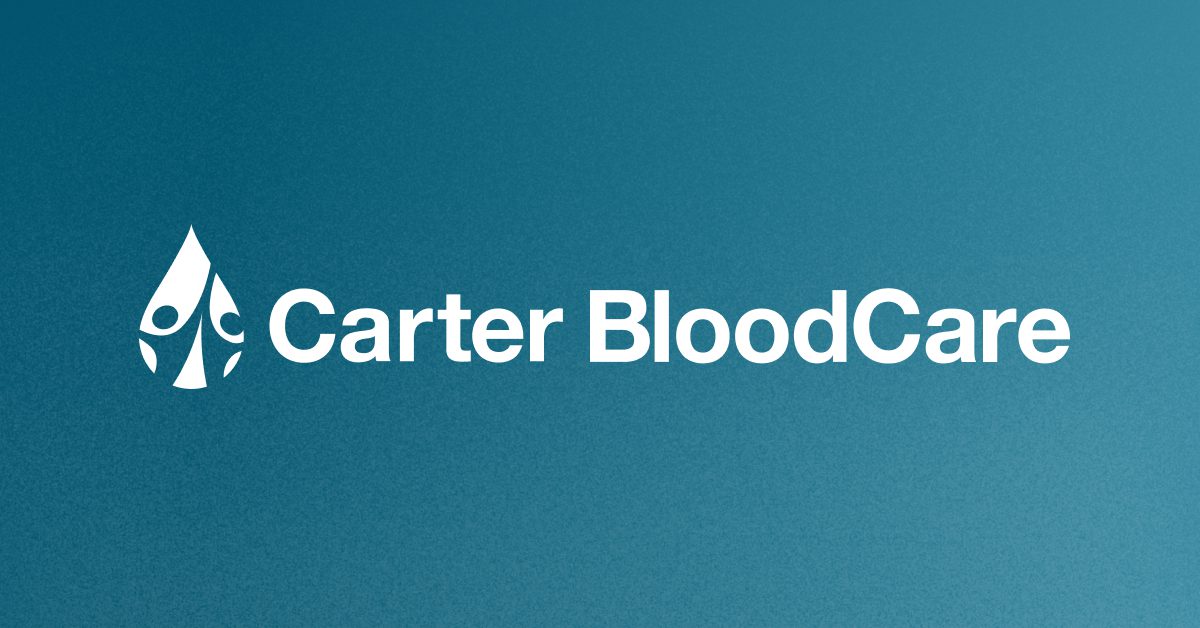You are using an out of date browser. It may not display this or other websites correctly.
You should upgrade or use an alternative browser.
You should upgrade or use an alternative browser.
No-Charge Phlebotomy in Certain US Blood Centers Now Available
- Thread starter OMI100
- Start date
Nelson Vergel
Founder, ExcelMale.com
TESTOSTERONE REPLACEMENT THERAPY CROSSOVER (TTCX)
This program is designated for patients who are on Testosterone Replacement Therapy and DO NOT have any other medical conditions that would require therapeutic phlebotomy. Patients who meet all regular donor eligibility criteria qualify to have their Red Blood Cells (RBCs) crossed over for use in the community. The FDA has specified that plasma products obtained from patients with polycythemia secondary to Testosterone Replacement Therapy (TRT) should not be used for patient use. For this reason, it is important that TRT donors requiring therapeutic phlebotomy be enrolled in this program to appropriately manage their blood products. If a patient does not meet all donor eligibility requirements at the time of their donation, they may still be drawn in accordance with MD orders and their blood will be discarded (additional appointment may be required). (TTCX Enrollment Order form link)4300 N Lamar Blvd, Austin TX 78756
Appointment only Tues-Th 8:30-3:30 * must be scheduled through Clinical Services once orders are received.
Email: [email protected]
Phone: 512-206-1265
Nelson Vergel
Founder, ExcelMale.com
In Texas

 www.carterbloodcare.org
www.carterbloodcare.org

Carter BloodCare – Become a Blood Donor & Give Life
When you donate blood with CBC, you're changing the lives of Texans. Donate plasma, platelets or whole blood at one of our many donor centers.
Nelson Vergel
Founder, ExcelMale.com
In Houston
Therapeutic patients may only be drawn on Tuesdays, Wednesdays and Thursdays from 9 a.m. to 3 p.m. Gulf Coast Regional Blood Center’s therapeutic request form must be completed by your doctor and faxed to (713) 790-1782 at least 72 hours prior to the first collection to allow time for review, Medical Director approval and data entry. Incomplete or illegible orders will not be accepted.
Therapeutic patients may only be drawn on Tuesdays, Wednesdays and Thursdays from 9 a.m. to 3 p.m. Gulf Coast Regional Blood Center’s therapeutic request form must be completed by your doctor and faxed to (713) 790-1782 at least 72 hours prior to the first collection to allow time for review, Medical Director approval and data entry. Incomplete or illegible orders will not be accepted.
Download the Therapeutic Request Form
There is a $150 fee per therapeutic phlebotomy for all patients other than those with a diagnosis of hereditary hemochromatosis or secondary polycythemia due to testosterone replacement therapy, since these units may be used in some cases for transfusion to patients. Payment will be accepted onsite using a major credit card at the Neighborhood Donor Center after screening, prior to phlebotomy. A receipt and form that may be used for insurance reimbursement will be provided.Nelson Vergel
Founder, ExcelMale.com
Therapeutic phlebotomy, which is also called bloodletting, is a medical procedure. It involves removing blood in a controlled way. The goal is to lower the levels of red blood cells in the body.
Therapeutic phlebotomy is similar to blood donation. It can reduce hematocrit levels by about 3 percent for every pint of blood taken. It is essential to find a balance between how often blood is drawn and how much is taken out. This helps avoid loss of iron and ferritin, which can cause fatigue.
After the procedure, you should:
Therapeutic phlebotomy is similar to blood donation. It can reduce hematocrit levels by about 3 percent for every pint of blood taken. It is essential to find a balance between how often blood is drawn and how much is taken out. This helps avoid loss of iron and ferritin, which can cause fatigue.
After the procedure, you should:
- Stay for at least 15 minutes.
- Eat and drink something.
- Drink more fluids than usual for the next 4 hours.
- If there is bleeding from the blood draw site, raise your arm and apply pressure to the area.
- Drink a lot of fluids to make up for the fluid that will be taken out.
- Have a good snack one hour before you arrive, like a muffin or a sandwich.
Where to Get Therapeutic Phlebotomies Near You
Looking for therapeutic phlebotomy near me in the U.S.? Find out where to get therapeutic phlebotomies to lower high hematocrit levels on our blog!
ExcelMale Newsletter Signup
Stay Informed with Our Newsletter
Get the latest men's health insights, expert advice, and community updates delivered to your inbox.
Similar threads
- Replies
- 4
- Views
- 921
- Replies
- 3
- Views
- 2K
- Replies
- 6
- Views
- 2K
- Replies
- 2
- Views
- 4K
Online statistics
- Members online
- 5
- Guests online
- 179
- Total visitors
- 184
Totals may include hidden visitors.
Latest posts
-
-
-
Built a free blood work tracker for TRT - need beta testers
- Latest: LabTracker
-
-
-
-
Advice on where to find trustworthy peptides
- Latest: Nelson Vergel
-
-
Any Testosterone Propionate Compounding Pharmacies left?
- Latest: Nelson Vergel
-
The Aging Brain: A Guide to Hormones, Gonadotropins, and Cognitive Health
- Latest: Nelson Vergel
-









